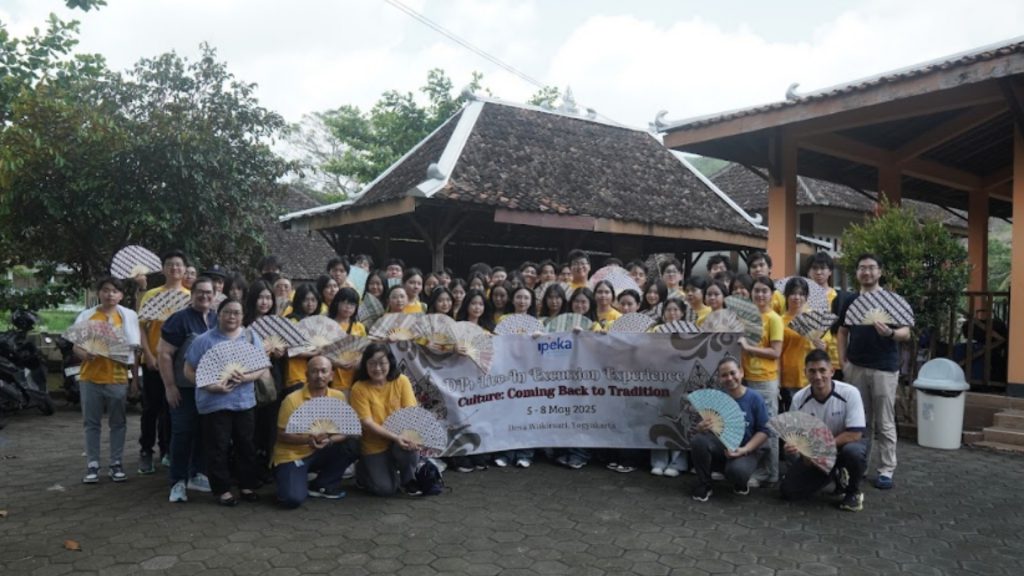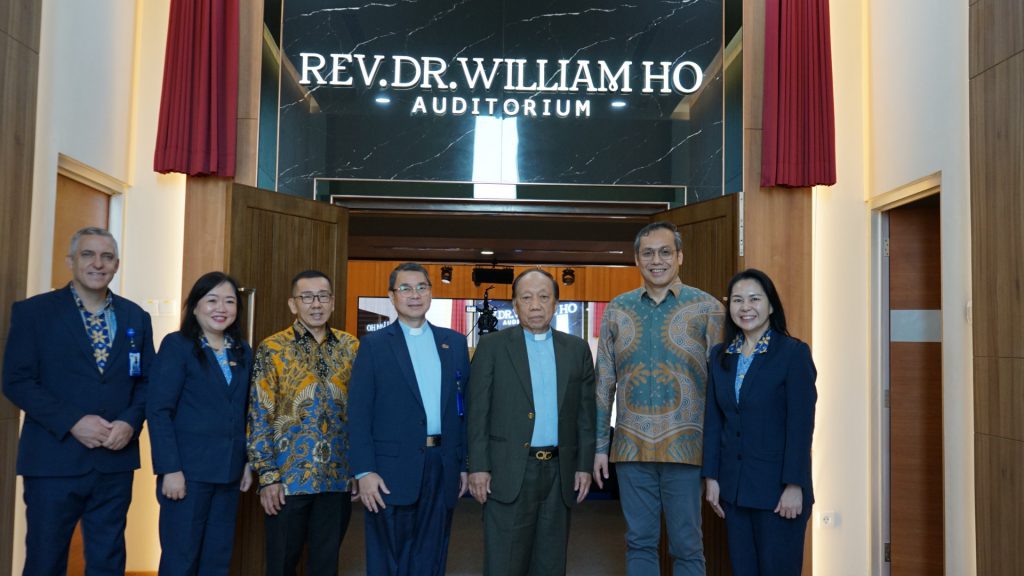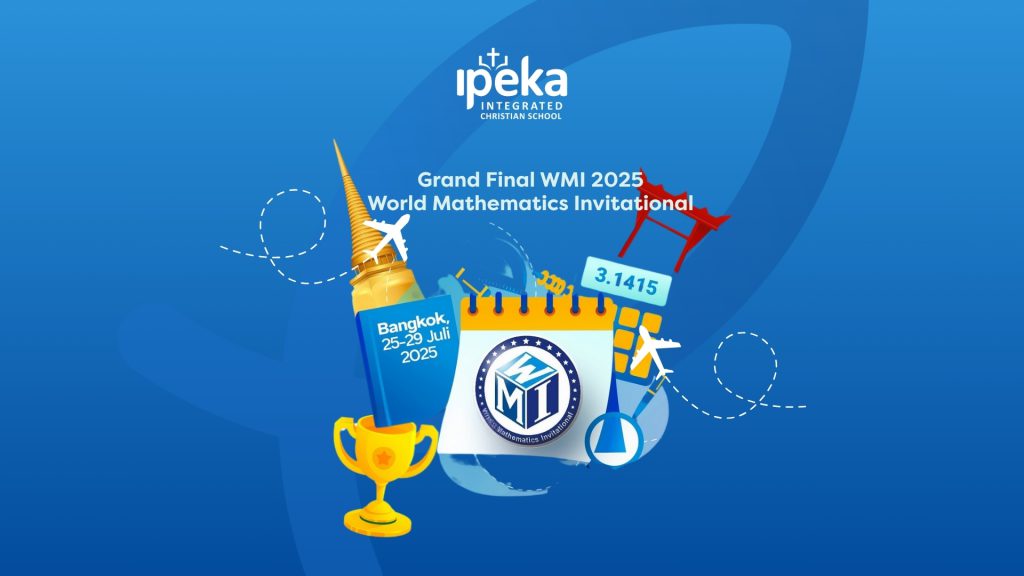Choosing the Right School: National vs. International Curriculum
Choosing a school is one of the most important decisions parents make for their children. A school isn’t just a place to study—it’s where children grow in character, develop values, and shape their future. That’s why one key factor to consider is the curriculum the school uses. The curriculum acts as a blueprint for learning. It outlines not only the subjects and assessment methods, but also how a child’s thinking, creativity, and character are developed. In Indonesia, parents typically choose between two main curriculum types: National Curriculum and International Curriculum.
National Curriculum
The National Curriculum is developed by the Indonesian government and is implemented in both public and private schools. Over the years, this curriculum has undergone several revisions. The latest version, known as Kurikulum Merdeka, was introduced in 2020 and officially adopted across various education levels starting from the 2022/2023 academic year, including in private and Christian schools.
This curriculum encourages a more flexible and student-centered learning approach. Teachers have the freedom to adapt lessons based on each child’s strengths, interests, and learning pace. Students don’t just gain academic knowledge—they also grow in character through the Profil Pelajar Pancasila, which promotes core values such as integrity, collaboration, and critical thinking. The curriculum also emphasizes Project-Based Learning, allowing students to actively explore real-world problems and solutions.
International Curriculum
Meanwhile, the International Curriculum is globally recognized and applied in many countries. In Indonesia, this curriculum is often used in international and private schools that offer global education standards.
The goal of the International Curriculum is to equip students with global perspectives, 21st-century skills, and independent learning abilities. It encourages critical, creative, and reflective thinking, as well as cultural and social awareness. Additionally, this curriculum prepares students to pursue higher education both domestically and abroad, with globally relevant learning approaches.
Some of the most popular international curricula in Indonesia include:
The IB program emphasizes holistic learning and encourages independent, reflective, and critical thinking. It develops research, communication, and time management skills that are essential for university and future careers. Widely recognized by top universities worldwide, IB offers a greater pathway to international study.
IB is divided into:
- PYP (Primary Years Programme) for ages 3–12
- MYP (Middle Years Programme) for ages 11–16
- DP (Diploma Programme) for ages 16–19
Cambridge International
Known for its academic rigor, conceptual mastery, and standardized assessments. It’s ideal for students planning to study abroad.
Pearson Edexcel
Offers a competency-based, practical learning approach aligned with both the workforce and higher education demands.
Why Holistic Education Matters
Great education goes beyond academics. Holistic learning helps children grow in all areas—intellectual, emotional, social, physical, and spiritual.
Programs like the IB reflect this approach by promoting well-rounded development. Students are taught not just to excel in exams, but to think critically, act ethically, and understand themselves and others. Holistic education prepares them for life—not just for school.
The Power of Character and Faith
Academic success is important, but education rooted in values and faith leaves a deeper, lasting impact. Schools that embrace a Christ-centered education instill biblical values such as love, humility, honesty, and responsibility. These principles shape students into compassionate, wise, and purposeful individuals.
Why Consider a Christian School?
If you're looking for a school that prioritizes both academic excellence and moral formation, a Christian school could be the right fit. These schools help students grow not only in knowledge but also in faith and character.
Take IPEKA Christian School, for example. IPEKA offers a variety of curriculum choices—Kurikulum Merdeka, IB, and Edexcel—so parents can find the best fit for their child. But more importantly, IPEKA integrates Christian values into everyday learning, creating an environment where students thrive both spiritually and academically.
At the end of the day, choosing the right curriculum means choosing the right path for your child. As a parent, consider both the academic strengths and the values that the school promotes. Look for a place that doesn’t just teach your child to succeed—but teaches them to lead, serve, and live with purpose.




